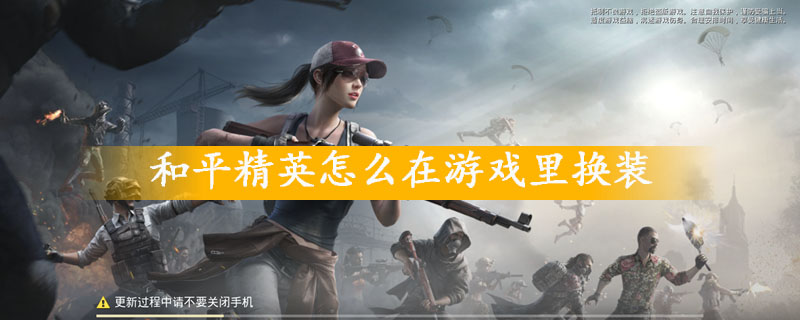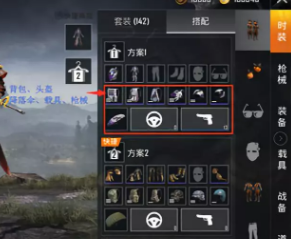is cryptocurrency Top People searches
With the increasing global attention to sustainable development and environmental protection, energy transformation has become a global consensus. Under this background, sodium ion battery is gradually becoming the key technology of energy transformation with its unique advantages. Compared with lithium-ion batteries, sodium-ion batteries have shown remarkable advantages in terms of resource richness, cost-effectiveness and safety, and have provided brand-new solutions for energy storage and transportation, and become a force to be reckoned with in the field of new energy.Unlimited market prospects: With the acceleration of global energy transformation and the continuous maturity of sodium ion battery technology, Pawa shares are expected to occupy an important position in the sodium ion battery market with its technical advantages and market layout. The company will benefit from the rapid growth in the fields of energy storage and transportation, especially in the fields of large-scale energy storage systems and low-cost electric vehicles, and the sodium ion battery technology of Pawa will play an important role. At the same time, Pawa shares are expected to lead the formulation of industry standards through technological innovation and become a leading enterprise in the field of new energy battery materials.In the future development, Pawa will continue to adhere to the innovation-driven development strategy, increase investment in research and development, and promote the continuous upgrading of sodium ion battery technology. The company will strengthen cooperation and exchanges with scientific research institutions and enterprises at home and abroad to jointly promote technological innovation and industrial development in the field of new energy battery materials. At the same time, Pawa will actively expand domestic and foreign markets, strengthen communication and cooperation with customers, and provide customers with better products and services.
Pawa shares: lead the new era of sodium electricity and shape the future of new energy.With the increasing global attention to sustainable development and environmental protection, energy transformation has become a global consensus. Under this background, sodium ion battery is gradually becoming the key technology of energy transformation with its unique advantages. Compared with lithium-ion batteries, sodium-ion batteries have shown remarkable advantages in terms of resource richness, cost-effectiveness and safety, and have provided brand-new solutions for energy storage and transportation, and become a force to be reckoned with in the field of new energy.
In the future development, Pawa will continue to adhere to the innovation-driven development strategy, increase investment in research and development, and promote the continuous upgrading of sodium ion battery technology. The company will strengthen cooperation and exchanges with scientific research institutions and enterprises at home and abroad to jointly promote technological innovation and industrial development in the field of new energy battery materials. At the same time, Pawa will actively expand domestic and foreign markets, strengthen communication and cooperation with customers, and provide customers with better products and services.Sodium ion battery: a new driving force for energy transformationIn terms of technological innovation, Pawa shares continue to invest in research and development resources to explore more possibilities of sodium ion battery materials. Through advanced material synthesis technology and characterization means, the company deeply studied the relationship between the structure and properties of sodium ion battery materials, which provided a solid theoretical basis for developing higher performance sodium ion battery materials. At the same time, Pawa shares are also committed to optimizing the battery manufacturing process, improving production efficiency and product quality, reducing production costs, and providing a strong guarantee for the commercial application of sodium ion batteries.
Strategy guide 12-14
Strategy guide
12-14
Strategy guide

























